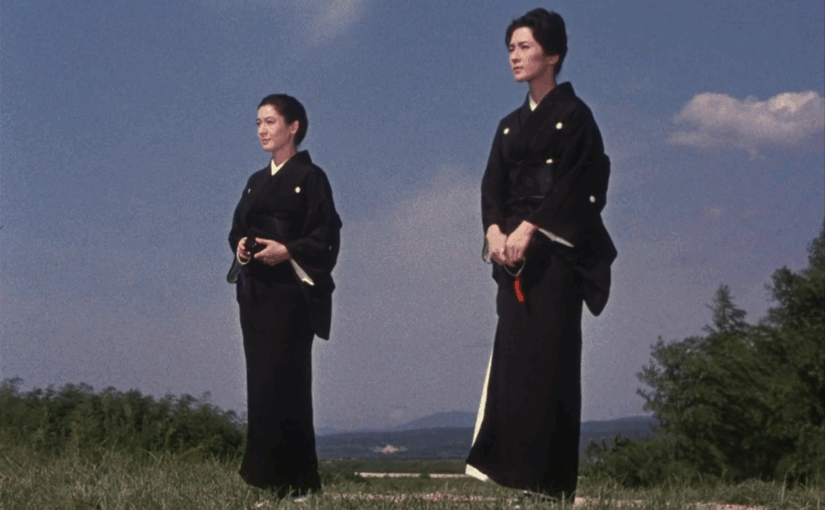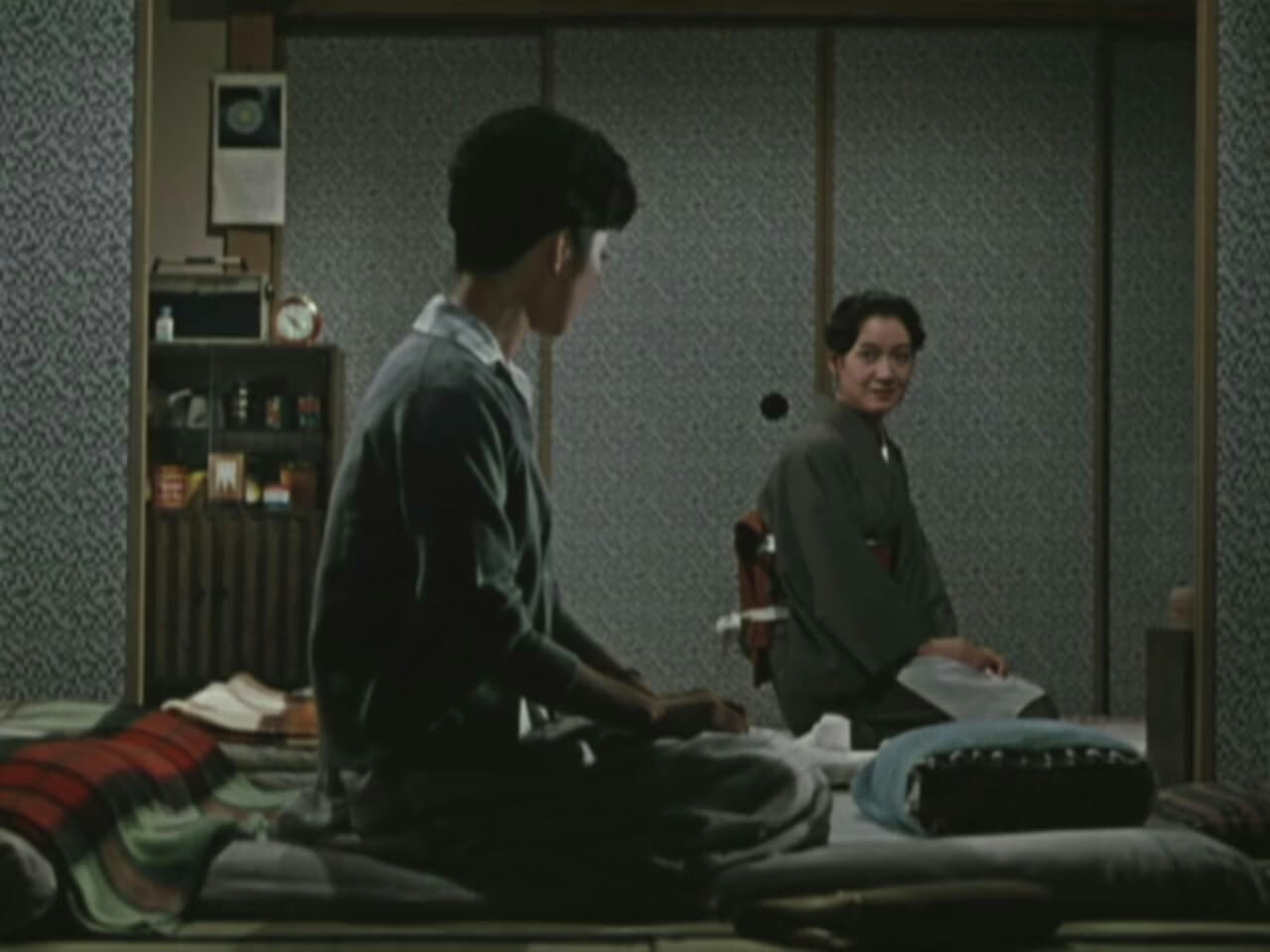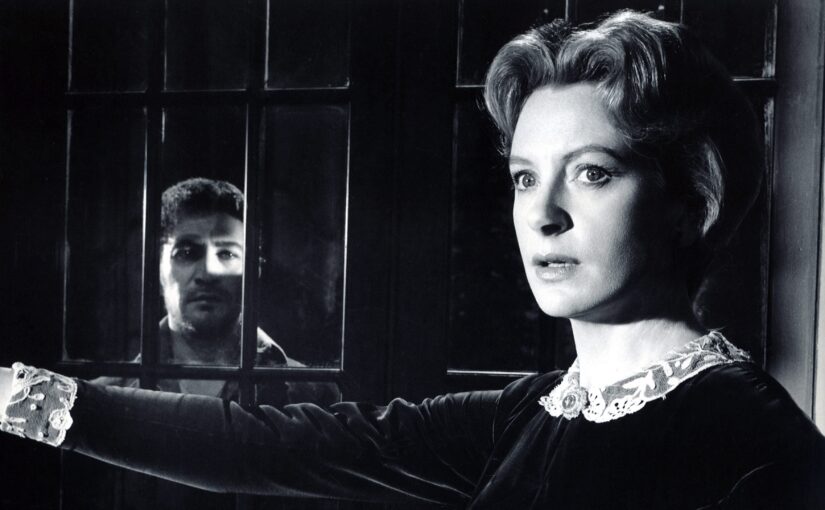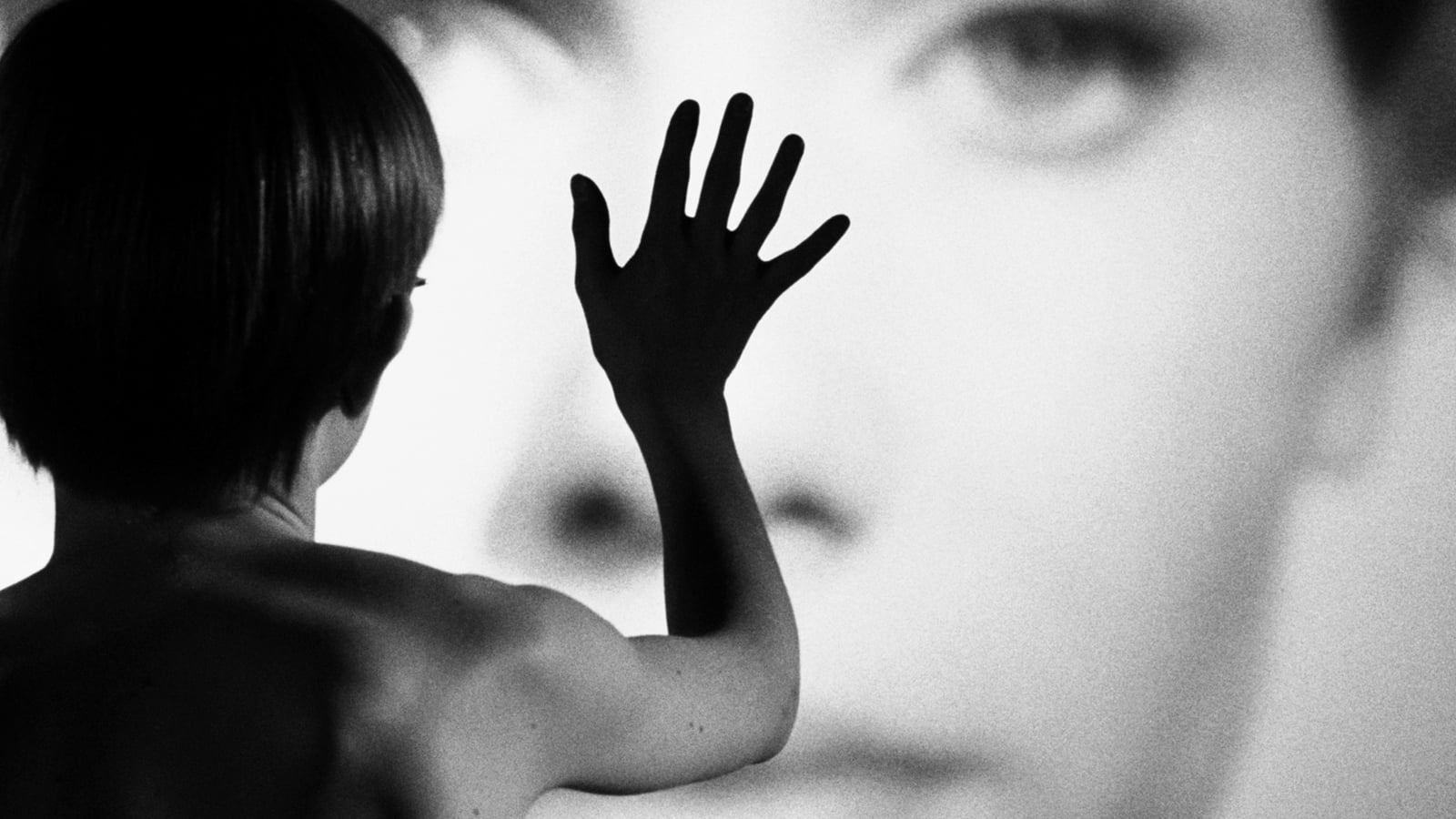-

The Best Films of the 1960s
The greatest films of the 1960s, from the French New Wave to its subversive Spaghetti Westerns.
-

An Autumn Afternoon (1962)
If Yasujirō Ozu’s filmography is a cinematic suite charting the tension between tradition and progress, then An Autumn Afternoon stands as a tender final movement, tracing a widowed father’s reluctant push to marry off his daughter amid Japan’s mid-century commercialism.
-

The End of Summer (1961)
Marriage within the Kohayagawa family takes on multiple meanings throughout The End of Summer, ensuring stability within the younger generations and bringing scandal among the older, as Yasujirō Ozu weaves its humour and drama into poetic lamentations of life’s bittersweet sorrows.
-

Late Autumn (1960)
Overshadowed it may be compared to Yasujirō Ozu’s other family dramas, but Late Autumn’s examination of marriage and remarriage in mid-century Japan still finds fresh emotional textures in its colour cinematography, intertwining love, duty, and generational bonds.
-

Letter Never Sent (1960)
The struggle to survive in the Siberian wilderness of Letter Never Sent is as psychological as it is physical, swallowing four diamond-hunting adventurers up in its primordial chaos, and forcing us through Mikhail Kalatozov’s daunting camerawork to bow down before its ravaging elemental forces.
-

The Innocents (1961)
There seems to be a sinister influence taking hold of the children that governess Miss Giddens is tasked with caring for in The Innocents, though as Jack Clayton sinks us into her tortured, repressed mind, so too are the lines blurred between unholy evil and those who obsessively seek to conquer it.
-

Blow-Up (1966)
Michelangelo Antonioni sweeps us away by the tantalising prospect of conspiracy when fashion photographer Thomas accidentally captures a murder in Blow-Up, demonstrating the powerful tool of perception that is an artist’s eye, yet also questioning whether such intensive scrutiny may lead to elusive distortions of reality.

